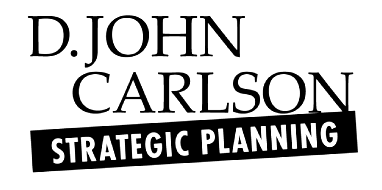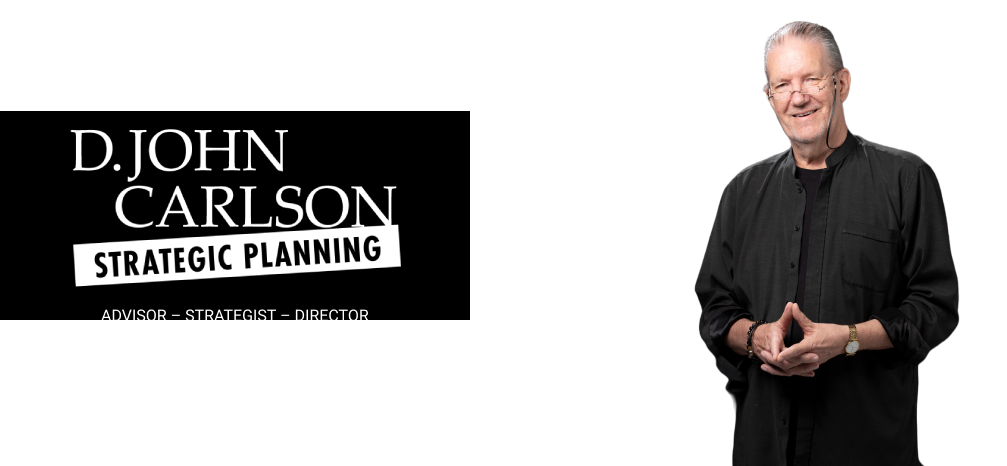The power of the PLACEBO A major medical research project recently evaluated the impact of paracetamol on back reducing back pain. The study was responding to the frequency with which GPs suggest to people with back pain to take two tablets of paracetamol and lie down. The study found no evidence that paracetamol has any […]
The power of the PLACEBO
A major medical research project recently evaluated the impact of paracetamol on back reducing back pain. The study was responding to the frequency with which GPs suggest to people with back pain to take two tablets of paracetamol and lie down.
The study found no evidence that paracetamol has any effect on back pain. Any relief felt is either the effect of lying down or the placebo effect. An extension of the study was unable to identify any significant pain that paracetamol impacts on.
This suggests that there is a profound placebo effect occurring when people take paracetamol. Indeed, this effect is so strong that many people I have spoken to have questioned the validity of the research, based on their own experience without even reading it or considering it further.
This suggest to me that people think the placebo effect is a bad thing, when the fact is, so long as the paracetamol is not having a negative effect on the individuals health in some other way, then it is doing its job – even if that job has more to do with a belief set that nerve endings.
Clearly the advertisers have done a lot to create any placebo effect that may exist here. It is the constant flow of advertising that tells us that paracetamol based drugs will relieve our pain – and we believe it.
Rory Sutherland, a onetime guru of advertising said that advertising agencies add more value than many manufacturers. This would certainly seem to be the case with paracetamol and it is the case with so many things.
Truths are created in the mind – not reality. What we believe will very often become our truth and will very often deliver the value we seek. Brands are created in the mind – not reality. We will always respond to a brand based on our beliefs and never on the basis of reality.
There is nothing inherently wrong with the placebo effect and so long as people think it is not relevant to paracetamol – the longer this drug will fulfil its purpose.
Marketers can learn a lot from the power of the placebo.
This issue will be discussed in detail on THE D. JOHN CARLSON NETWORK –www.djohncarlsonesq.com/publishing
John Carlson is a behavioural scientist, strategic planner and lateral thinker focusing on branding, marketing, communication, personal advancement, business development and behaviour management.


 Back
Back